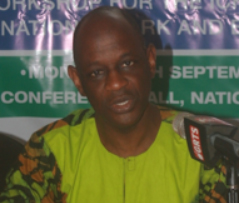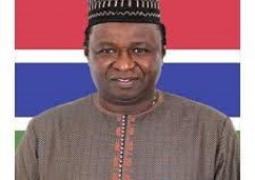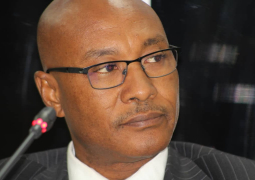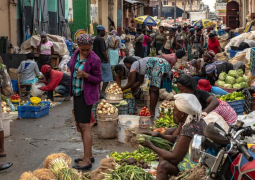
This project is an inventory of The Gambia’s intangible cultural heritage across the country and it is funded by UNESCO.
In the project as usual, NCAC will work with communities and experts in the seven regions to research, list, photograph the myriad Gambian rituals, ceremonies, oral traditions, performing arts, social practices, rituals, festive events, knowledge and practices concerning nature and the universe or the knowledge and skills to produce traditional crafts.
This information will be published into a document called Inventory of Gambian Intangible Cultural Heritage (ICH) which will help The Gambia in its quest for the SDGs, especially SDG 17 to strengthen multi-stakeholder partnerships and enhance policy coherence for sustainable development at the national level. Other areas include food security (SDG 2), health care (SDG 3), quality education (SDG 4), gender equality, and also be a reference for Gambian heritage.
It worth knowing that in 2011, The Gambia ratified the UNESCO 2003 Convention on Intangible Cultural Heritage. Even, prior to the ratification of the Convention, the country inscribed ‘Kankurang, Manding initiatory rite’ on the Representative List of the Intangible Cultural Heritage of Humanity in 2008 as part of a multinational nomination with Senegal. The Gambia also participated in the project ‘Action Plan for the Safeguarding of the Kankurang, Manding Initiatory Rite’ funded by the Japan Funds-in-Trust and implemented between 2006 and 2009.
The Friday opening will be graced by the Honourable Minister of Tourism and Culture, Permanent Secretary, MoTC, Mr. Dimitri Sanga, Director of the UNESCO Multisectoral Regional Office for West Africa (Sahel), and Mrs. Seraphine Wakana, UN Resident Coordinator, UN The Gambia Country Team and stakeholders from across the country.
Read Other Articles In Headlines

‘Gov’t places high premium on fight against Transnational Organised Crime’
Dec 12, 2023, 10:28 AM




